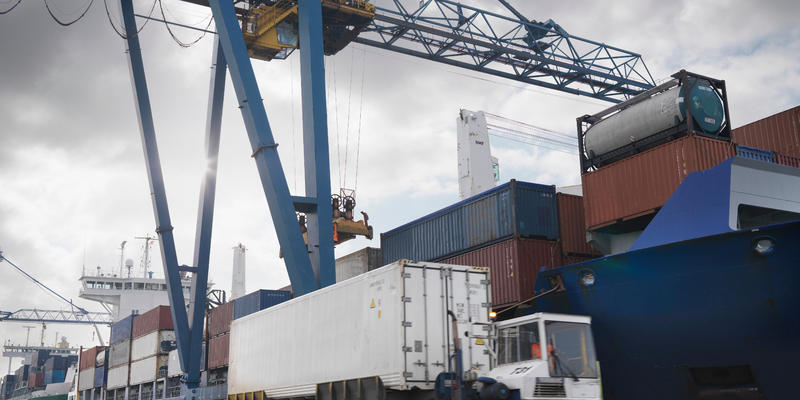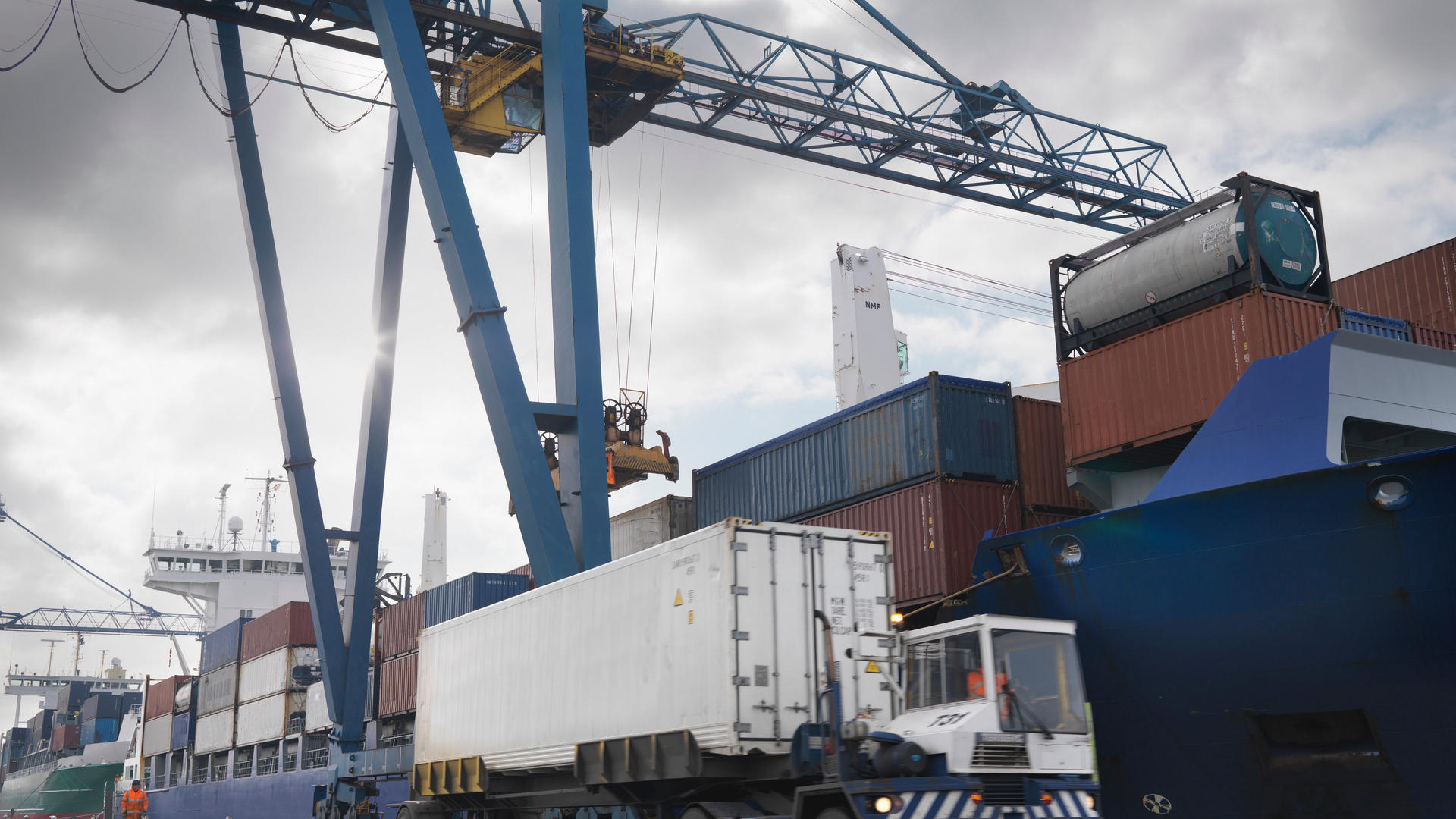With the UK Government eager to lead the world in CCUS deployment, and the UK’s potential to become a global trading hub for carbon, the study will assess the feasibility of importing carbon dioxide (CO2) by ship to a reception terminal at the Port of Immingham, enabling CO2 shipments to be efficiently transferred to Harbour Energy’s V Net Zero System for safe transportation and permanent storage in depleted gas reservoirs deep under the Southern North Sea.
The Port of Immingham located on the south bank of the Humber Estuary, is the United Kingdom’s largest port by tonnage. Together with ABP’s other ports on the Humber – at Grimsby, Hull and Goole – Immingham is part of the UK’s leading port complex and is the strategic gateway for the trade connecting businesses across the UK, Europe and beyond.
Leveraging the potential of shipping to transport carbon will help decarbonise emissions clusters that don’t have ready access to local sequestration solutions and should in time open up opportunities for the Humber to attract shipments from Western and Northern Europe.
This study is the first step towards a future Humber-led CO2 trading hub. It is supported by a shared vision of potential future development in the Humber which would bring regional benefits by helping to promote inward investment, further enhance a resilient economy, while sustaining and creating low carbon jobs.
As the United Nations celebrates World Maritime day, and the industry reflects on its contribution to the global economy, this study will shed important light on shipping’s possible role in helping society and industry to decarbonise faster by increasing the accessibility of CCUS.
Phil Kirk, President and CEO Europe of Harbour Energy, commented:
“The VNZ CO2 Transport and Storage system provides the crucial infrastructure that will allow for industrial decarbonisation of the Humber region. Leveraging shipping could help the Cluster deliver decarbonisation for the rest of the UK too, especially emitting regions that do not have ready access to local scalable and well-understood storage facilities.
As well as having the capacity to single-handedly deliver the 2030 carbon capture target set out in the Prime Minister’s Ten Point Plan, we hope to showcase how through maritime routes and shipping we can go beyond, and help the UK lead the world on CCS and decarbonising industry and society.”
Jonathan Briggs, Project Director, Humber Zero, said:
“VPI and the Humber Zero project are working to develop this shipping study with ABP, Harbour Energy and our partners at Phillips 66. The Humber is uniquely placed to access large, low-cost geological storage structures for CO2 such as the depleted Viking and Victor fields now being developed at V Net Zero.
Developing a shipped CO2 facility at the port of Immingham now allows us the unique ability to connect to other UK clusters and stores, providing obvious benefits toward decarbonising other UK clusters and reaching Net Zero in 2050.”
Henrik Pedersen, Chief Executive Officer, Associated British Ports, said:
“ABP welcomes this important milestone in the UK’s journey to achieve net zero carbon emissions by 2050. We are delighted to be working alongside Harbour Energy, HumberZero and V Net Zero Humber Cluster. Our Port of Immingham will play a pioneering role in the future of hydrogen production, which has far-reaching potential for decarbonisation of the maritime industry worldwide, as well as wider industry.”


